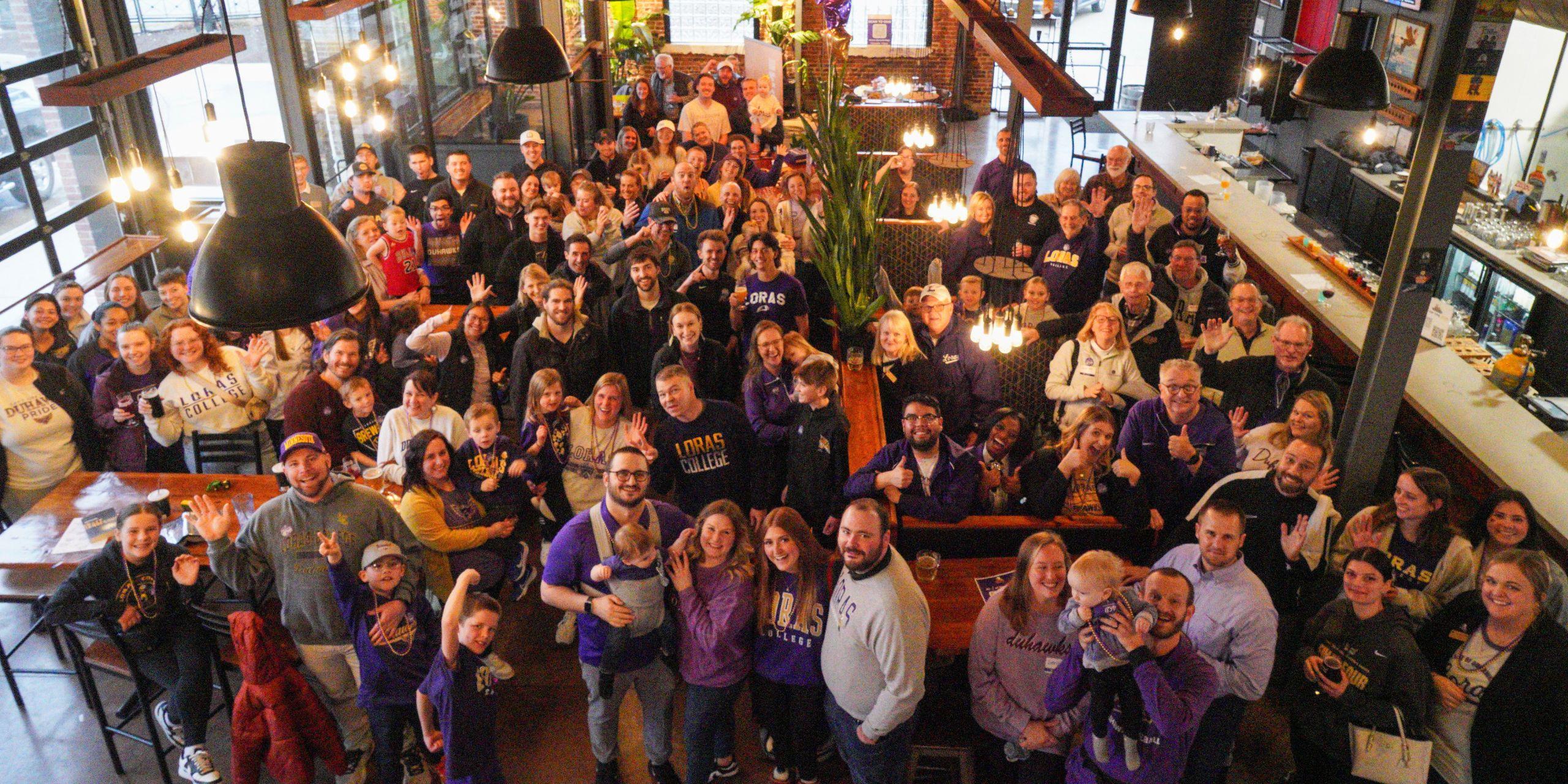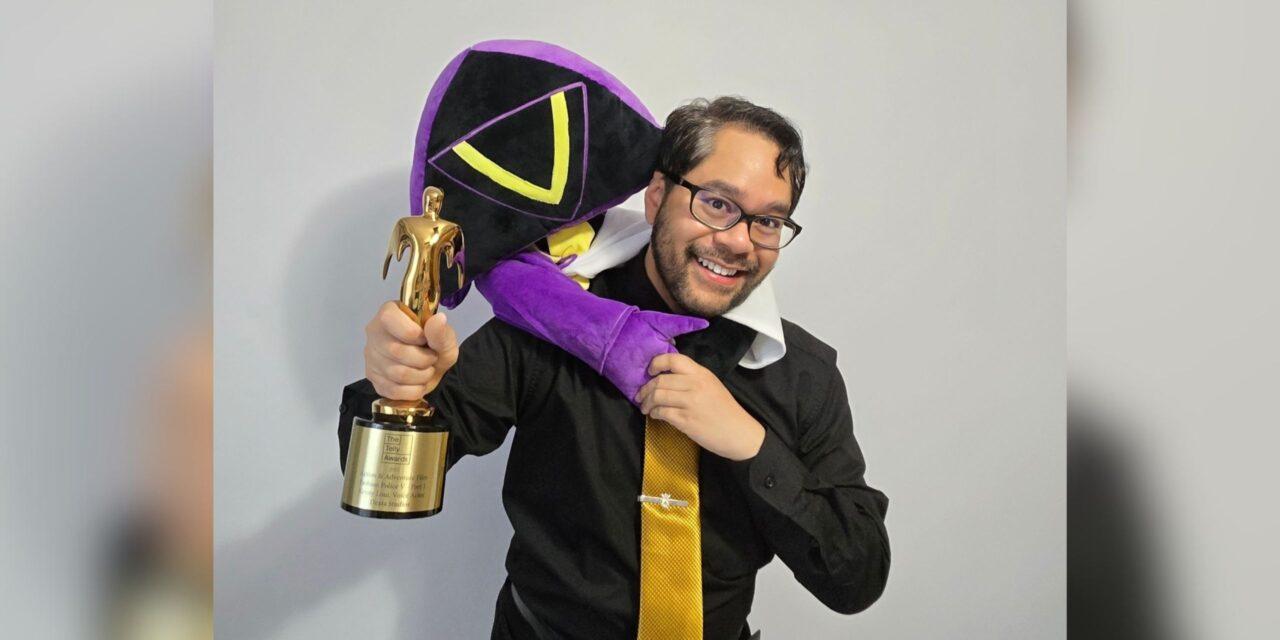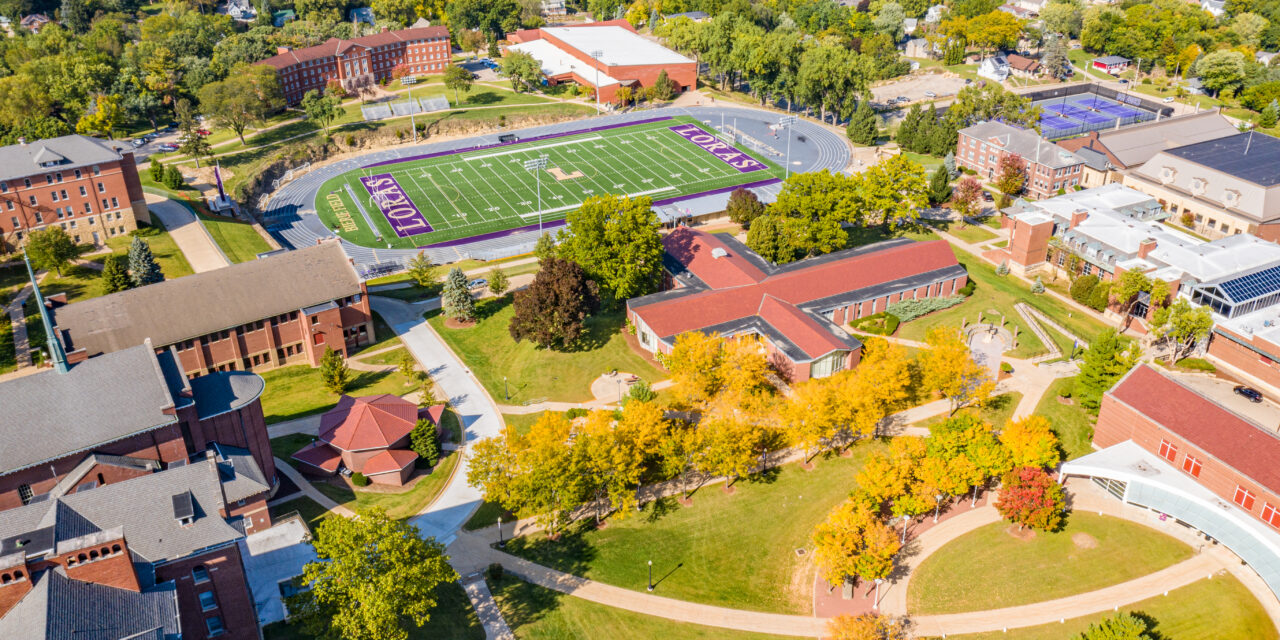I still remember watching that final match in Buenos Aires, surrounded by fellow Argentinians whose faces reflected the same mixture of hope and anxiety that I felt. The journey to our third World Cup victory wasn't just about what happened on the pitch during those tournament weeks—it was the culmination of decades of passion, heartbreak, and gradual evolution. When I analyze Argentina's path to glory, I can't help but draw parallels to other breakthrough moments in sports, like when Filipino tennis player Alexandra Eala made history by reaching her first WTA final. She captured that universal feeling perfectly when she said, "It's my first WTA final and it's a big deal for me and my country too, it's the first time any Filipino has done anything [like it]." That sentiment resonates deeply with me because Argentina's World Cup victory represented something similar—a nation's collective dream finally realized after what felt like an eternity of near-misses.
Looking back at our national team's transformation under coach Lionel Scaloni, what strikes me most is how he managed to blend youthful energy with veteran wisdom. The statistics speak for themselves—before Scaloni took over in 2018, Argentina had won only 42% of their matches in the previous two years, a frankly embarrassing record for a football nation of our stature. But Scaloni, whom many initially dismissed as too inexperienced, implemented what I consider one of the most brilliant tactical evolutions in modern football. He shifted from our traditional 4-4-2 to a more fluid 4-3-3 formation that maximized Messi's creative freedom while providing defensive stability through players like Rodrigo De Paul and Leandro Paredes. This tactical flexibility became particularly evident during our 36-match unbeaten run from 2019 to 2022, a period during which we scored 87 goals while conceding only 24. Those numbers aren't just impressive—they represent a fundamental shift in how Argentine football approached the game.
The psychological transformation was equally crucial, and here's where my perspective might diverge from some analysts. Previous Argentine teams, despite having incredible talent, often seemed burdened by the weight of expectation. I've always believed that the 2014 World Cup final loss to Germany created a sort of collective trauma that took years to overcome. What made this squad different was their mental resilience, something that became particularly evident during that shocking opening loss to Saudi Arabia. Most teams would have collapsed after such a devastating upset, but this group somehow grew stronger. The leadership of Messi evolved dramatically during this period—he went from being the brilliant individual to becoming the true heart of the team, the emotional anchor who could lift everyone around him. I've followed his entire career, and I can say without hesitation that the Messi who led Argentina in Qatar was a completely different leader from the one who wore the armband in Russia 2018.
Our Copa América victory in 2021 was the real turning point, in my opinion. Winning that tournament after 28 years didn't just break a trophy drought—it shattered a psychological barrier. The data shows that after that victory, Argentina's performance in high-pressure matches improved dramatically. Before 2021, we had won only 3 of our previous 11 penalty shootouts in major tournaments. Since then, we've won all 4, including the World Cup final against France. That's not coincidence—that's a team that has learned how to win when it matters most. The emergence of players like Julián Álvarez and Enzo Fernández provided the perfect complement to established stars, creating what I'd describe as the most balanced Argentine squad since the 1986 championship team. Álvarez's pressing statistics were phenomenal—he averaged 22.7 presses per 90 minutes during the World Cup, the highest of any forward in the tournament.
The final itself was arguably the greatest World Cup match ever played, and I'll admit I've watched the full replay at least seven times. What often gets overlooked in analysis is how Argentina managed the game's emotional tempo. We dominated psychologically for about 75 minutes before France's stunning comeback, yet found the mental strength to regroup twice—after conceding two quick goals in normal time and again after Mbappé's hat-trick in extra time. The penalty shootout victory wasn't just luck—it was the culmination of specific preparation. I've learned from sources within the camp that the team had practiced penalties extensively, with particular focus on Emiliano Martínez's unique approach to distracting shooters. His methods might be controversial to some, but the results speak for themselves—he's now saved 8 of the 21 penalties he's faced in shootouts for Argentina, an incredible 38% save rate.
What this World Cup victory means for Argentine football extends far beyond the trophy itself. We've fundamentally changed the narrative around our national team and proven that sustainable team building can triumph over star-powered squads. The economic impact has been substantial too—merchandise sales increased by approximately 287% in the month following the victory, and youth registration in football academies across Argentina saw a 42% spike. More importantly, we've demonstrated that patience and strategic planning can yield results in international football. While other nations frequently change coaches and philosophies, Argentina stuck with a vision through the difficult early days of Scaloni's tenure. That continuity, combined with the integration of emerging talents from our domestic league, created the foundation for this success. As I reflect on this journey, I'm convinced that this victory represents not just a culmination but a new beginning for Argentine football—one that will inspire generations just as Eala's breakthrough inspires young Filipino tennis players. The beautiful game continues to write stories that transcend sport itself, connecting nations through shared moments of human achievement.




